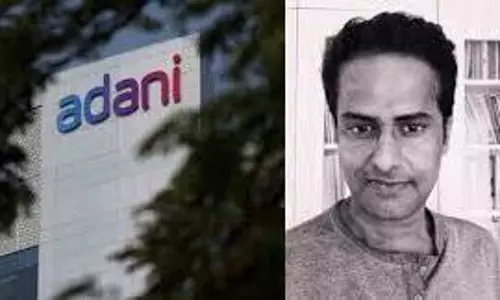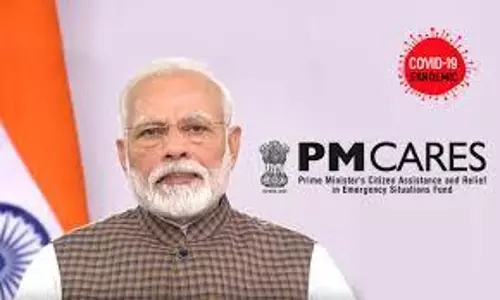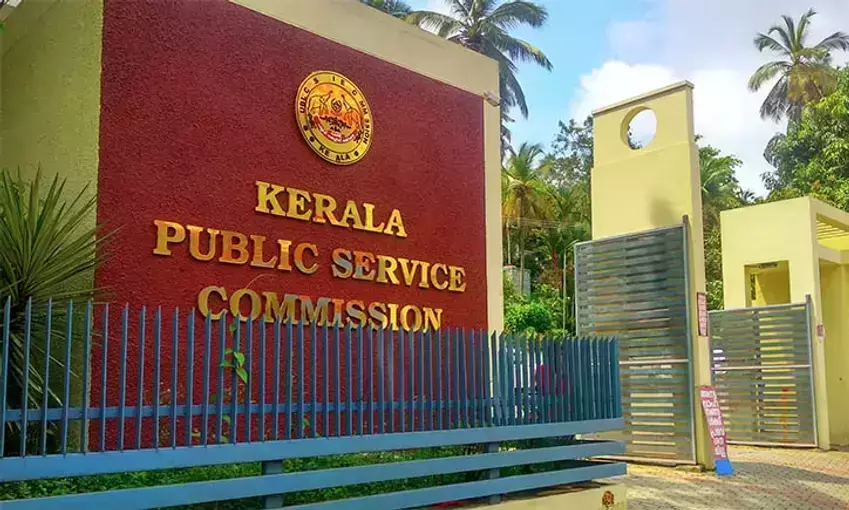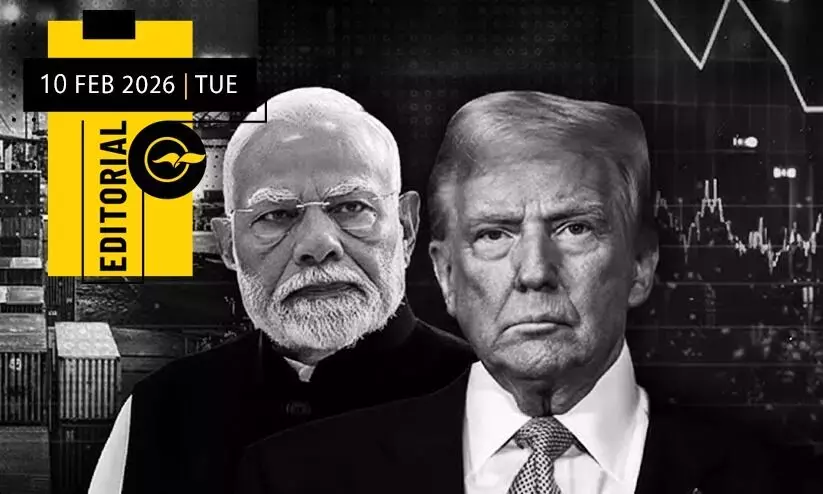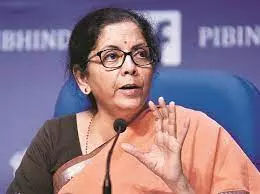
Putting the country up for sale
text_fieldsThe Modi government's national fund mobilisation scheme (National Monetisation Pipeline) in the name of saving the country from a severe financial crisis has drawn sharp criticism. The opposition has described it as a legitimate and organized robbery and a plan to donate the country's wealth to billionaire friends. Economists have also warned that the criteria for such a large sale of public undertakings are not transparent and could lead to misappropriation of public resources if adequate consultation is not carried out. Trade unions are calling for mass protests against the move which is destroying the public sector. Despite all these criticisms, Finance Minister Nirmala Sitharaman and the Central government are adamant that they will not back down from the announced plan.
Even more lethal was the Centre's way out of the shattered economy after the self-destructive measures such as demonetisation and the unscientific GST reform; i.e, the relentless sale of shares in public sector companies. What happened was that the country's valuable assets and resources easily fell into the hands of the Prime Minister's friends. Despite the global economic downturn, they have shone at the top of the list of the world's biggest billionaires with increased assets. Ordinary people in the country, on the other hand, were overwhelmed by the uncontrolled increase in taxes and tolls. With the Covid pandemic looming, the economy, which had already been extremely weak, was put on a ventilator. Why has the Finance Minister announced a decision that will create huge complications in the economy (and social life) at a time when more work and planning is needed to strengthen economic stability and social security? There is only one reason why the Central government should transfer its assets to private entrepreneurs to raise Rs 6 lakh crore in the next four years: the economy has been rendered bankrupt by a series of economic measures, starting with demonetisation. The only way the Modi government knows to fill the empty coffers is to sell assets. The country is witnessing the stabbing of its last hope of regeneration. The decision to monetize the assets of public sector undertakings was taken during the last days of the first Modi government. But it is only now that they have decided to implement them. Through the sale of more than 20 assets in 13 infrastructure sectors, the Central government expects to achieve about 16 per cent (Rs 6 lakh crore) of the targeted infrastructure development projects. To this end, the roads under the National Highways Authority, power grid's power transmission lines, railway lines including Konkan and their land assets, 25 airports including Karipur, telecom, aviation, shipping, gas and mining sectors have been put up for sale before domestic and foreign corporates.
According to the Finance Minister, the existing assets will be transferred on lease and the ownership will be with the government and will be returned with value-addition after the stipulated period. They state that the process of transfer of assets will be completely transparent and they will be assessed in a timely manner under the Department of Investment and Public Asset Management (DIPAM). However, the government is not ready to release the details of the sales. It is expected that under lease and rental terms will be handed over to private entrepreneurs for up to 25/30 years without transferring ownership. Will the contract be renewed after the expiry date? Silence has been the response to even the most basic questions, such as whether the government has control over the service value and value of the assets they acquire.
With the returns from the sale of these assets, the issue of the empty treasury can be temporarily fixed. It may also be possible to claim that the fiscal deficit has been narrowed. However, in order to get the expected revenue, the Centre will be compelled to accept all the concessions required to protect the interests of corporates. The experience so far is that the Centre has no qualms about it. A tide of economic chaos awaits the country if the routine practice of seizing Reserve Bank reserves and abusing them in non-productive areas is repeated.




